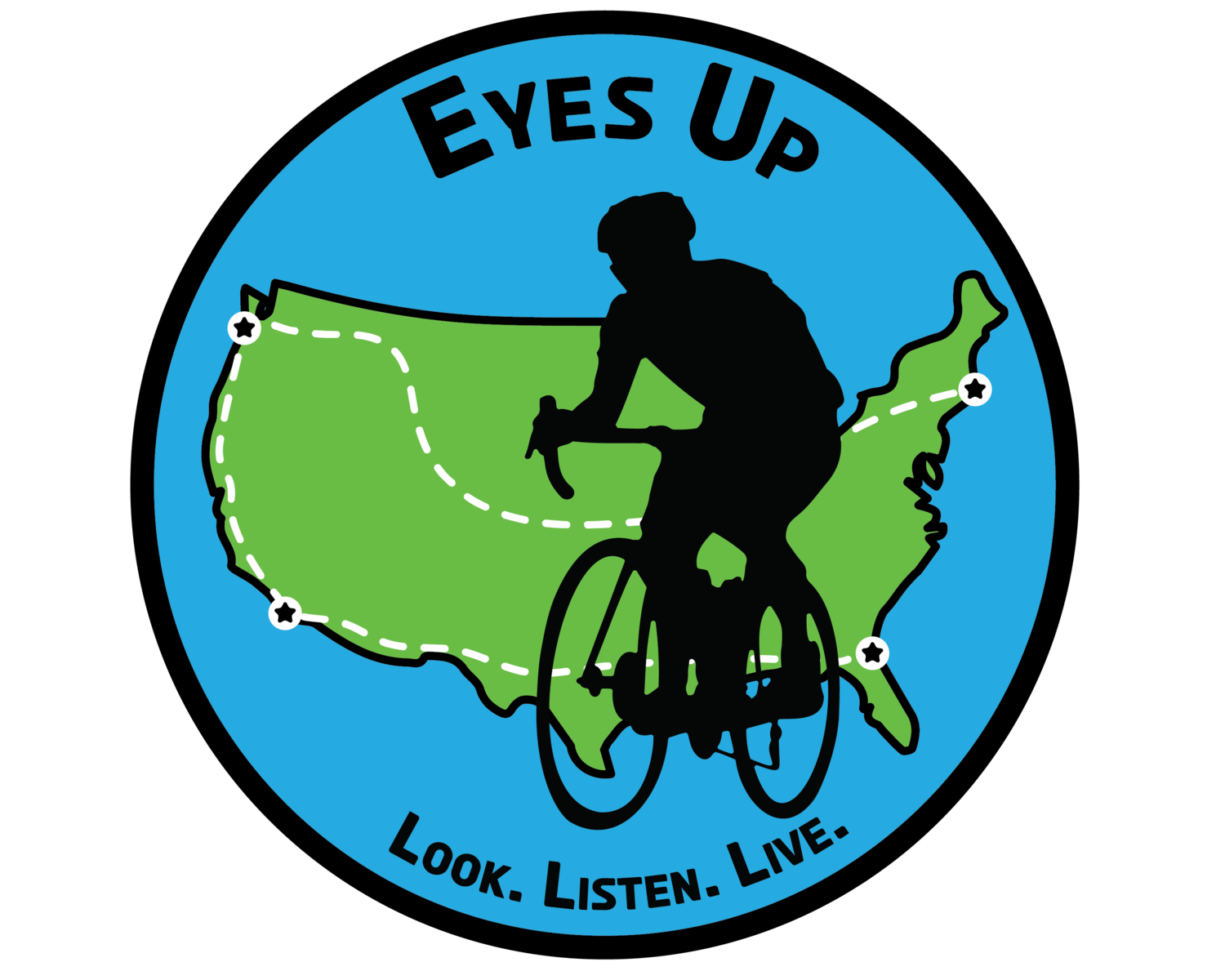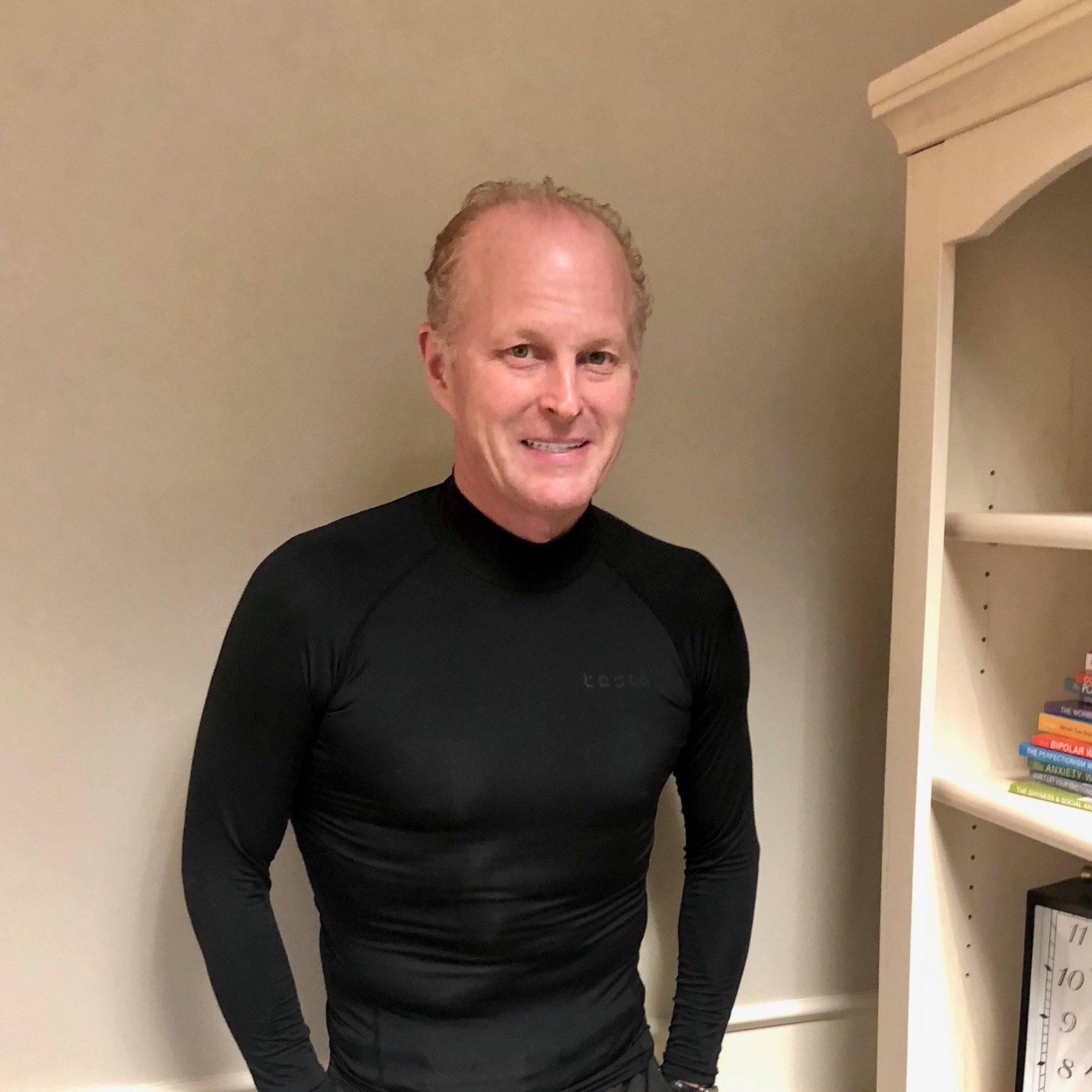Consequences
Douglas Kidd’s life was changed forever because of just a few seconds of his own distraction while driving.
I sit here now having spoken to a handful of people who have lost family because of distracted drivers. It’s not easy to write about such heavy topics but it’s so important that these stories are heard and shared. Thank you for being here.
When I started on this project to speak to more people in an in-depth manner about their experience with distracted driving, I didn’t expect to come across a story where the person affected by the crash was the distracted person and caused the crash. In all the stories I have heard so far, the distracted driver has walked away from the tragedy with no serious injuries and no serious consequences.
I came across Douglas Kidd’s story on the National Safety Council’s website. Douglas was born in Los Angeles and has lived in the Toledo, Ohio area since he moved there in 1970. Douglas’ story shares the same theme of the other survivors of distracted driving on the NSC’s survivor network: his life was forever changed by just a few seconds of distraction.
On May 17, 2005, Douglas was on the phone with his brother while driving to meet him for a round of golf. During that call, Douglas proceeded into an intersection where a car coming from the left struck the side of his car with enough impact to throw his car more than one hundred feet. Douglas doesn’t remember the next 10 weeks. He spent several weeks in a coma and experienced about seven weeks of amnesia following the crash. Much of the long term damage Douglas suffered is internal as he “had a diffuse force traumatic brain injury” on top of multiple hip fractures. It took Douglas a year and a half to walk independently again.
Going into this conversation, I wasn’t sure what to expect. The other folks I have spoken to have lost family members because of distracted driving and shared their story from a point of significant loss. I quickly realized that while Douglas was responsible for his crash, he was left with very similar physical consequences and takeaways from the experience as those hit by a distracted driver. What’s different is that Douglas’ lost part of his own self that day, which he learned as he was helped to piece together stories and memories in the months after the crash.
It’s not easy to avoid the many distractions in our cars, especially cell phones. Douglas recounted an instance just two years after his crash. “Soon after I resumed driving in 2007, I was driving near the University of Toledo campus and the phone rang and I reflexively answered it.” Douglas realized what he was doing, told the person he had to hang up, pulled over and “just lost it emotionally.” Now, Douglas has a hard time seeing anyone distracted in their car: “I have an extreme aversion to seeing people drive [distracted].” His message to all drivers: “you have lives in your hands, including your own.”
Please take a few minutes to enable Driving Focus (formerly known as Do Not Disturb While Driving) on your iPhone or Driving Mode on your Android.
After he recovered from his crash, Douglas went on to finish up his masters in liberal studies with a concentration in disabilities studies and pursued a career in social work. To him, social work is incredibly rewarding and loves it because there is “no threshold” between him and his peers he works with.
Douglas also started an advocacy group called Undistracted Driving Advocacy to help prevent others from experiencing the loss he has. Douglas’ focus has been on social work - working with folks with disabilities and traumatic brain injury. Douglas is particularly driven to help improve the lives of others because of “the fact that I have lost so much and at the same time regained so much.”
Douglas hopes to do more direct advocacy with Undistracted Driving Advocacy in the future, but since his crash he has been able to incorporate lessons from his experience with distracted driving into his social work career. He has spoken in the US and internationally at various conventions about his work and research on survivors living with traumatic brain injury.
I was struck by Douglas’ resolve to serve the world and to improve it in any way he can. He is passionate about his career and it’s clear how much he believes in distraction-free advocacy and for organizations like TextLess Live More. I am grateful to have spoken to him and am so glad he was able to recover from his dramatic crash as well as he has. Take a few minutes to watch the video prepared by the NSC (National Safety Council) on Douglas’ experience - watch it here.
Many thanks to Douglas for his time to speak with me and to you for reading and helping fight distracted driving. Please subscribe to the Eyes Up Ride mailing list at the bottom of this page and follow along on social media @EyesUpRide. If you feel inspired to make a difference, don’t drive distracted and make a financial contribution to support TextLess Live More at EyesUpRide.com/Support.

